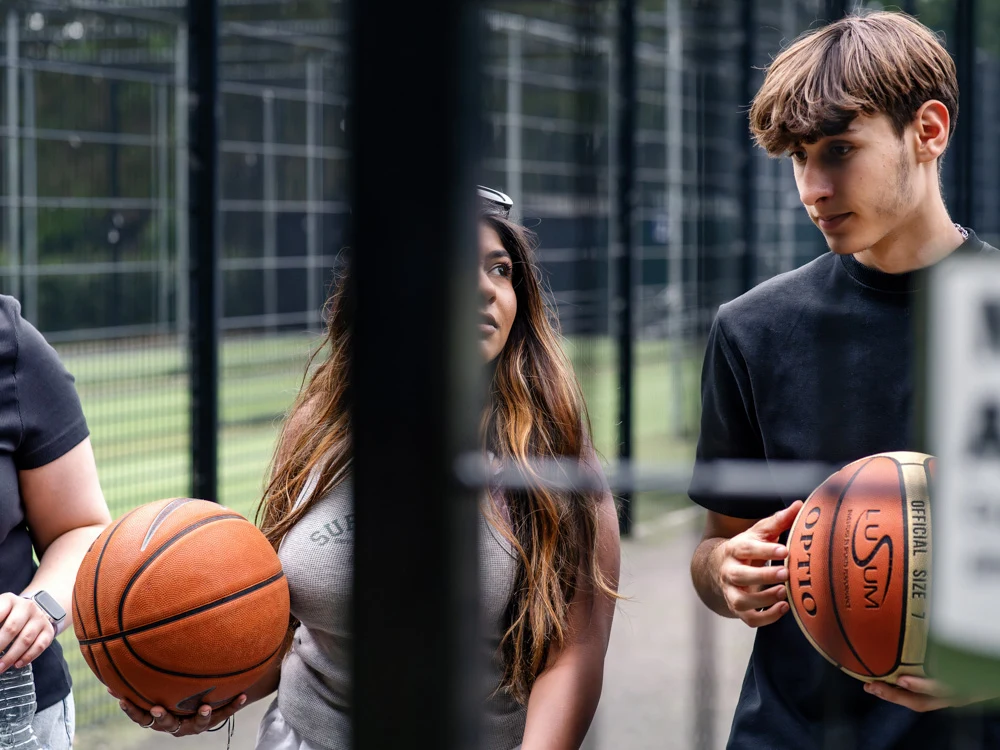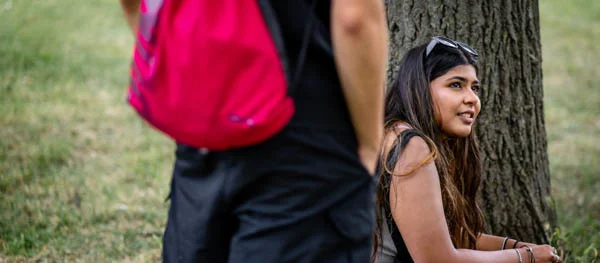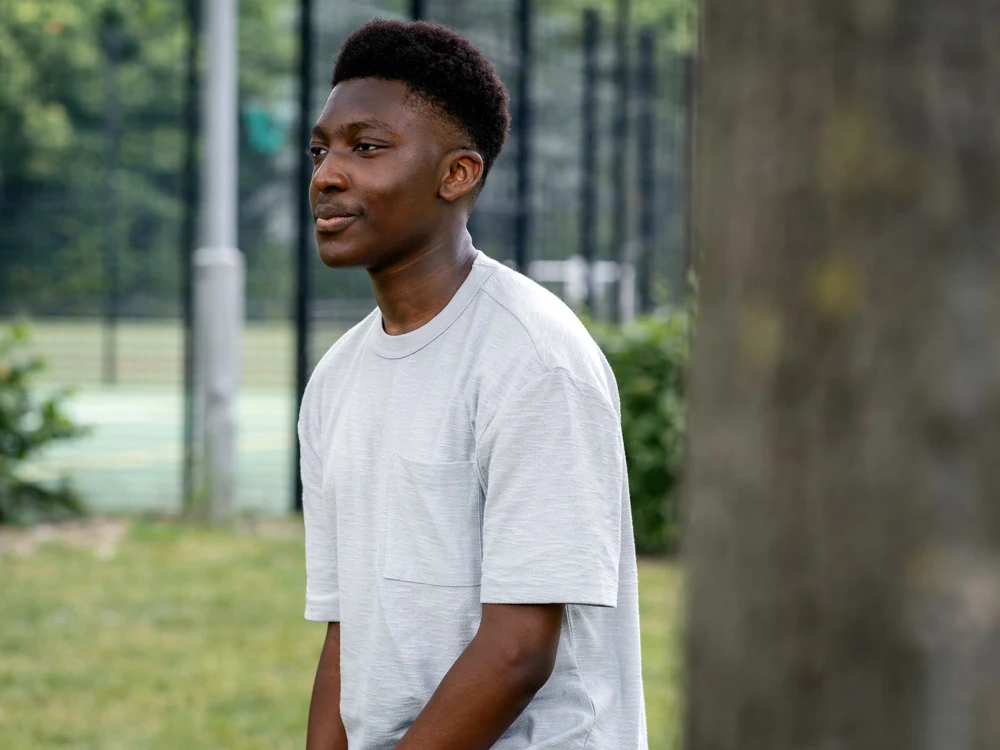As CEO of Kooth, I believe that mental health is not a privilege, but a fundamental human right. On this day – World Mental Health Day – I’d like to recognise how the WHO’s theme this year aligns so closely to Kooth’s overarching purpose. We strongly believe that every individual deserves the assurance of having access to quality mental health support services.
Underserved (and unserved) communities represent those with limited or no access to resources or that are otherwise disenfranchised. This may be based on their economic status, rural location, ethnicity, culture, gender, or disability. Equity of access is not merely a concept to be discussed, but a reality we should proactively strive towards in every society.
Early intervention in mental health support is crucial. The benefits it brings are manifold – it not only enables problems to be addressed earlier (before things escalate), but also plays a pivotal role in preserving what is being referred to as brain capital. The earlier we can reach young individuals who are struggling, the better chance they have of leading poised, productive and fulfilling lives.
However, having available resources is not enough. Equity of access needs to be supplemented with equity of awareness. Too often, young people and their caregivers are left in the dark about the mental health resources available to them. Or, the stigma associated with seeking help is too great. Providing and promoting culturally relevant, welcoming and de-stigmatising support about mental health services is a fundamental must.
In our endeavour to battle the growing mental health crisis, let us commit to creating accessible, inclusive, stigma-free and equitable mental health programmes for our youth. They are, after all, the stewards of our future, and we owe it to them – and ourselves – to afford them every opportunity to thrive mentally and emotionally. Together, let us work towards a world where mental health is not just a basic human right but a priority for all. Let us invest in our brain capital, and in turn, build stronger, healthier communities.
Kooth already removes so many significant barriers in seeking mental health support. Our public/private partnership model ensures that individuals never have to worry about the financial aspect of receiving support in the areas we serve. We aim to de-stigmatise and de-clinicalise the language of mental health to reduce barriers to seeking help, and provide a safe, welcoming and supportive space for individuals to get the support they want and need.
But we can do more. I’d like Kooth to commit to one, simple pledge that helps to improve equity of access and awareness for our Youth. Each World Mental Health Day, we’ll review our progress and lay out our action plan for improving this over the year.





